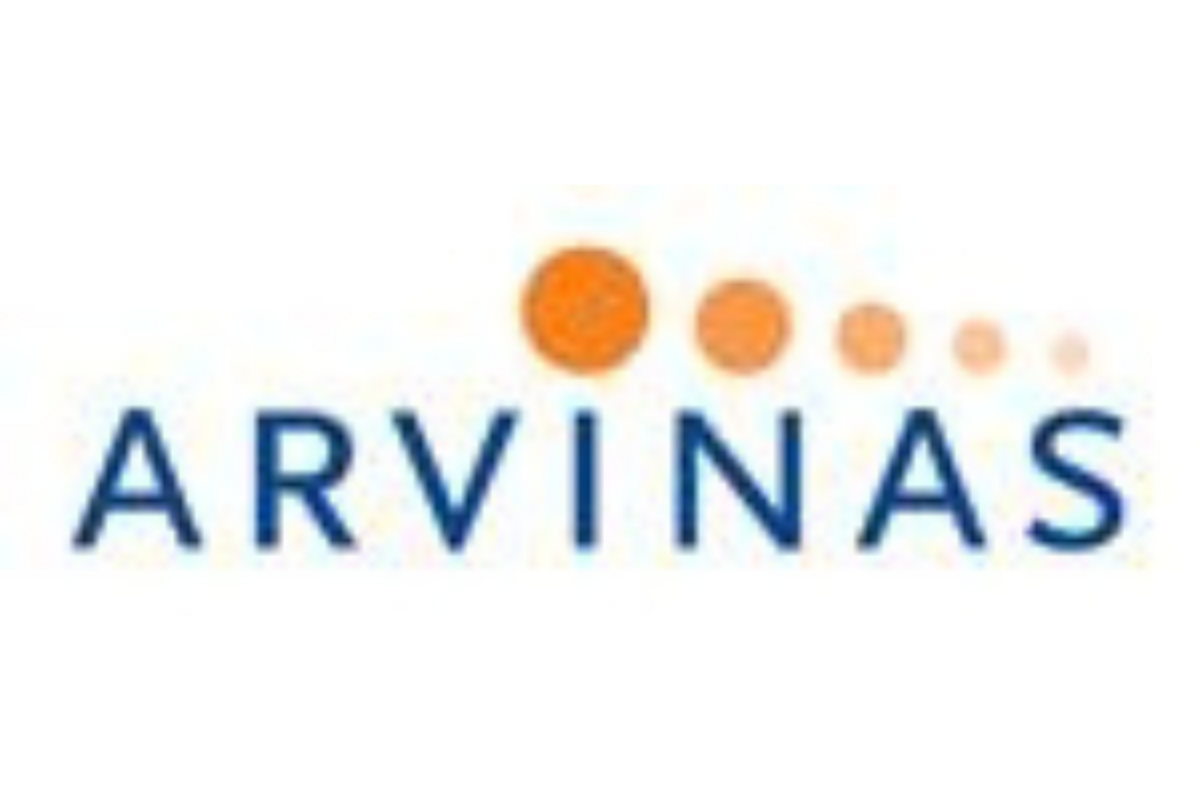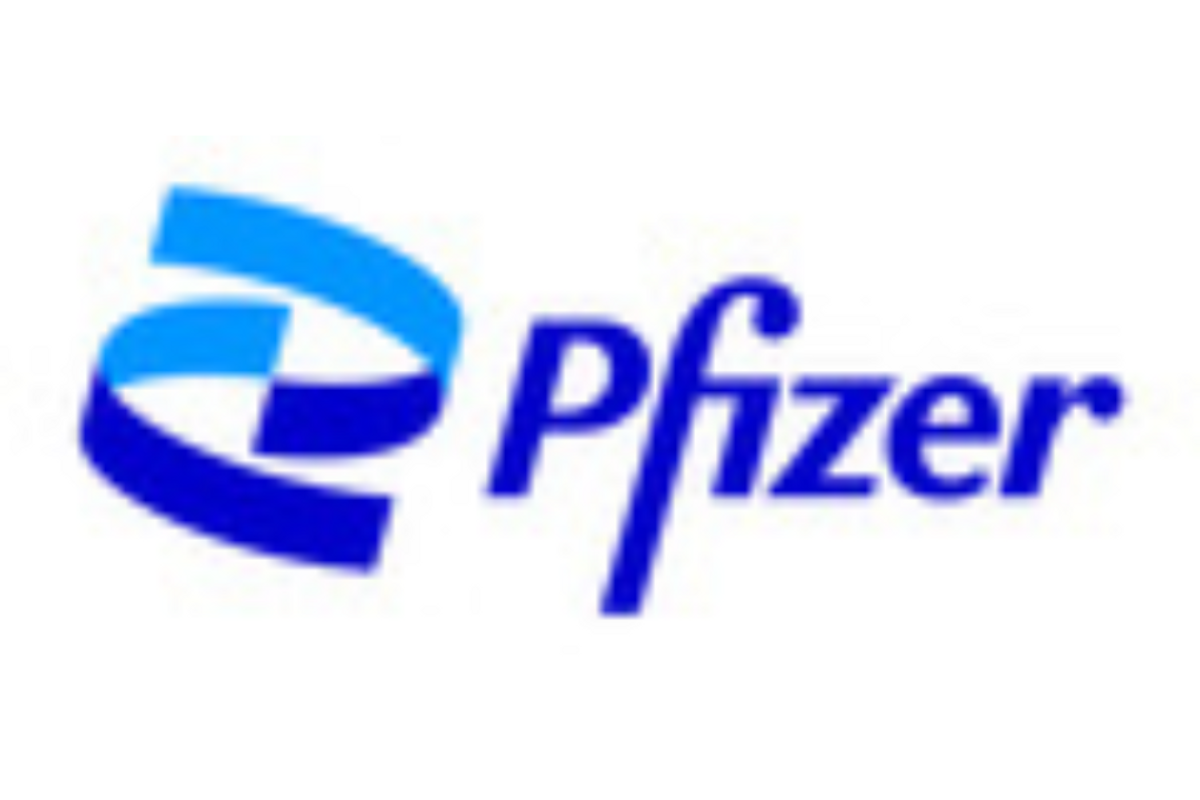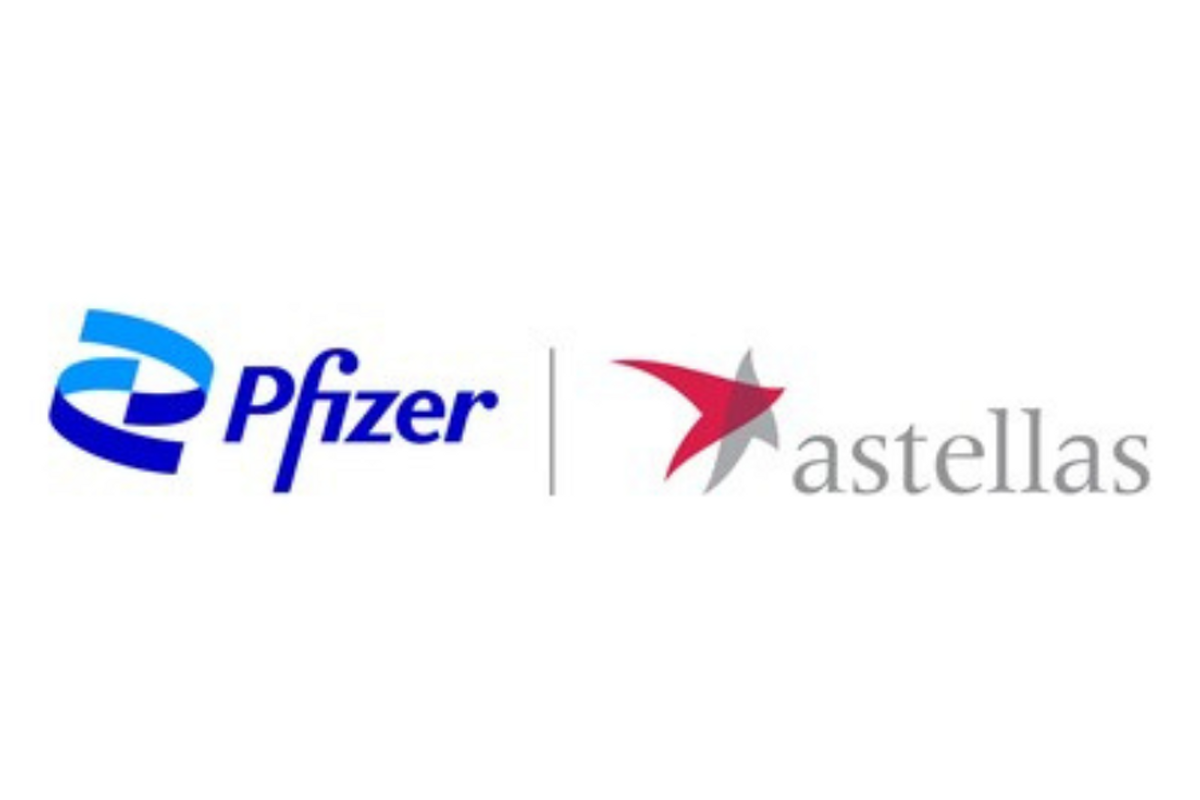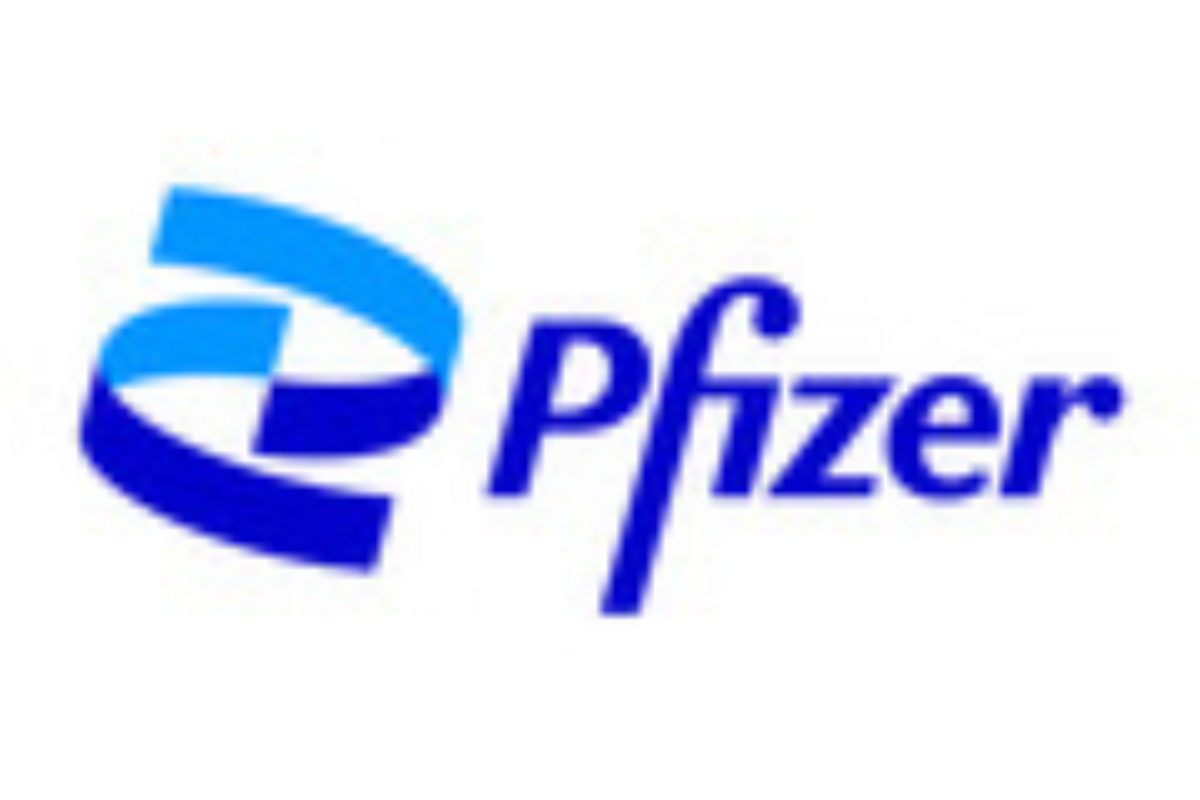- Vote expands existing recommendation, which was for all adults aged 75 and older and high-risk adults aged 60 to 74
Pfizer Inc. (NYSE: PFE) announced today that the U.S. Centers for Disease Control and Prevention's (CDC) Advisory Committee on Immunization Practices (ACIP) voted to expand its recommendation for the use of respiratory syncytial virus (RSV) vaccines approved for adults 50-59 years of age at increased risk of RSV-associated lower respiratory tract disease (LRTD). This includes ABRYSVO ® (Respiratory Syncytial Virus Vaccine), which in October 2024, the U.S. Food and Drug Administration approved for the prevention of RSV-associated LRTD in adults aged 18 to 59 at increased risk of severe disease.
According to the CDC, between 15,000 - 20,000 RSV-associated hospitalizations occur annually in U.S. adults aged 50 - 59 years. 1 The risk of hospitalization is highest among those adults with one or more underlying medical conditions such as obesity, cardiovascular disease, diabetes, chronic obstructive pulmonary disorder (COPD), asthma, and other chronic or immunocompromising conditions. 1 With respect to ABRYSVO, ACIP stated:
- ACIP recommends adults 50–59 years of age who are at increased risk of severe RSV disease receive a single dose of RSV vaccine.
"With its vote to expand adult RSV vaccination recommendations, ACIP has taken an important step toward protecting individuals aged 50 to 59 who have underlying medical conditions that increase their risk for severe RSV illness," said Alejandro Cane, Vice President, Vaccines and Antivirals U.S. Medical Lead, Pfizer. "We are proud that ABRYSVO has the broadest indication among RSV vaccines, covering older adults, adults 18 and older at heightened risk of severe disease, and pregnant women to help protect infants."
The updated ACIP recommendation, which lowers the recommended age for RSV vaccination from 60 to 50 for high-risk adults, is pending final approval by the director of the CDC and the Department of Health and Human Services.
ABOUT RSV
Respiratory syncytial virus (RSV) is a contagious virus and a common cause of respiratory illness. 2 The virus can affect the lungs and breathing passages of an infected individual, potentially causing severe illness or death. 3,4 Chronic cardiovascular disease, chronic lung disease, moderate or severe immune compromise, diabetes with complications, and severe obesity are among the conditions that increase an individual's risk for severe RSV. 5 There are two major subgroups of RSV: RSV-A and RSV-B. Both subgroups cause disease and can co-circulate or alternate predominance from season to season.
ABOUT ABRYSVO
Pfizer currently is the only company with an RSV vaccine to help protect adults aged 60 and older, and adults 18 and older at increased risk of lower respiratory tract disease caused by RSV (RSV-LRTD), as well as infants through maternal immunization. ABRYSVO is an unadjuvanted, bivalent vaccine that was designed to provide broad protection against RSV-LRTD, regardless of the virus subgroup. In the prefusion state, the RSV fusion protein (F) is a major target of neutralizing antibodies, serving as the basis of Pfizer's RSV vaccine. Variations in the F protein sequence among RSV-A and RSV-B subgroups are clustered in a key antigenic site, a target for potent neutralizing antibodies.
In May 2023, the FDA approved ABRYSVO for the prevention of LRTD caused by RSV in individuals 60 years of age or older. In June 2024, the Advisory Committee on Immunization Practices (ACIP) voted to update its recommendation of RSV vaccines for use in adults aged ≥75 years and adults age 60-74 years who are increased risk for severe RSV disease. In August 2023, the FDA approved ABRYSVO for the prevention of LRTD and severe LRTD caused by RSV in infants from birth up to 6 months of age by active immunization of pregnant individuals at 32 through 36 weeks gestational age. This was followed in September 2023 with ACIP's recommendation for maternal immunization to help protect newborns from RSV seasonally where the vaccine should be administered from September through January in most of the continental United States.
Also in August 2023, Pfizer announced that the European Commission granted marketing authorization for ABRYSVO for both older adults and maternal immunization to help protect infants, and in March 2025 announced the amended marketing authorization to extend the indication to include a broader adult population. Additionally, ABRYSVO has received approvals for both indications in multiple countries worldwide.
INDICATIONS FOR ABRYSVO
ABRYSVO ® is a vaccine indicated in the U.S. for:
- the prevention of lower respiratory tract disease (LRTD) caused by respiratory syncytial virus (RSV) in people 60 years of age and older
- the prevention of LRTD caused by RSV in people 18 through 59 years of age who are at increased risk for LRTD caused by RSV
- pregnant individuals at 32 through 36 weeks gestational age for the prevention of LRTD and severe LRTD caused by RSV in infants from birth through 6 months of age
IMPORTANT SAFETY INFORMATION FOR ABRYSVO
- ABRYSVO should not be given to anyone with a history of severe allergic reaction (e.g., anaphylaxis) to any of its components
- An increased risk of Guillain-Barré syndrome (severe muscle weakness) was observed after vaccination with ABRYSVO
- For pregnant individuals: to avoid the potential risk of preterm birth, ABRYSVO should be given during 32 through 36 weeks gestational age
- Fainting can happen after getting injectable vaccines, including ABRYSVO. Precautions should be taken to avoid falling and injury during fainting
- Adults with weakened immune systems, including those receiving medicines that suppress the immune system, may have a reduced immune response to ABRYSVO
- Vaccination with ABRYSVO may not protect all people
- In adults 60 years of age and older, the most common side effects (≥10%) were fatigue, headache, pain at the injection site, and muscle pain
- In adults 18 through 59 years of age, the most common side effects (≥10%) were pain at the injection site, muscle pain, joint pain and nausea
- In pregnant individuals, the most common side effects (≥10%) were pain at the injection site, headache, muscle pain, and nausea
- In clinical trials where ABRYSVO was compared to placebo, infants born to pregnant individuals experienced low birth weight (5.1% ABRYSVO versus 4.4% placebo) and jaundice (7.2% ABRYSVO versus 6.7% placebo)
View the full ABRYSVO Prescribing Information .
About Pfizer: Breakthroughs That Change Patients' Lives
At Pfizer, we apply science and our global resources to bring therapies to people that extend and significantly improve their lives. We strive to set the standard for quality, safety and value in the discovery, development and manufacture of health care products, including innovative medicines and vaccines. Every day, Pfizer colleagues work across developed and emerging markets to advance wellness, prevention, treatments and cures that challenge the most feared diseases of our time. Consistent with our responsibility as one of the world's premier innovative biopharmaceutical companies, we collaborate with health care providers, governments and local communities to support and expand access to reliable, affordable health care around the world. For 175 years, we have worked to make a difference for all who rely on us. We routinely post information that may be important to investors on our website at www.Pfizer.com . In addition, to learn more, please visit us on www.Pfizer.com and follow us on X at @Pfizer and @Pfizer News , LinkedIn , YouTube and like us on Facebook at Facebook.com/Pfizer .
DISCLOSURE NOTICE:
The information contained in this release is as of April 16, 2025. Pfizer assumes no obligation to update forward-looking statements contained in this release as the result of new information or future events or developments.
This release contains forward-looking information about ABRYSVO, including its potential benefits and a vote by ACIP to expand its recommendation to include adults 50-59 years of age at increased risk of RSV-associated lower respiratory tract disease, that involves substantial risks and uncertainties that could cause actual results to differ materially from those expressed or implied by such statements. Risks and uncertainties include, among other things, uncertainties regarding the commercial success of ABRYSVO; the uncertainties inherent in research and development, including the ability to meet anticipated clinical endpoints, commencement and/or completion dates for our clinical trials, regulatory submission dates, regulatory approval dates and/or launch dates, as well as the possibility of unfavorable new clinical data and further analyses of existing clinical data; risks associated with interim data; the risk that clinical trial data are subject to differing interpretations and assessments by regulatory authorities; whether regulatory authorities will be satisfied with the design of and results from our clinical studies; whether and when biologic license applications may be filed in particular jurisdictions for ABRYSVO for any potential indications; whether and when any applications that may be pending or filed for ABRYSVO may be approved by regulatory authorities, which will depend on myriad factors, including making a determination as to whether the product's benefits outweigh its known risks and determination of the product's efficacy and, if approved, whether ABRYSVO for any such indications will be commercially successful; intellectual property and other litigation; decisions by regulatory authorities impacting labeling, manufacturing processes, safety and/or other matters that could affect the availability or commercial potential of ABRYSVO; uncertainties regarding the ability to obtain or maintain recommendations from vaccine advisory or technical committees and other public health authorities regarding ABRYSVO and uncertainties regarding the commercial impact of any such recommendations; uncertainties regarding the impact of COVID-19 on our business, operations and financial results; and competitive developments.
A further description of risks and uncertainties can be found in Pfizer's Annual Report on Form 10-K for the fiscal year ended December 31, 2024, and in its subsequent reports on Form 10-Q, including in the sections thereof captioned "Risk Factors" and "Forward-Looking Information and Factors That May Affect Future Results", as well as in its subsequent reports on Form 8-K, all of which are filed with the U.S. Securities and Exchange Commission and available at www.sec.gov and www.Pfizer.com .
| ____________________ |
1 U.S. Centers for Disease Control and Prevention. "Evidence to Recommendations Framework (EtR): RSV Vaccination in Adults Aged 50–59 years" https://www.cdc.gov/acip/downloads/slides-2025-04-15-16/06-Melgar-Surie-adult-rsv-508.pdf Presented April 16, 2025. Accessed April 2025.
2 World Health Organization. Respiratory Syncytial Virus (RSV) disease. https://www.who.int/teams/health-product-policy-and-standards/standards-and-specifications/norms-and-standards/vaccine-standardization/respiratory-syncytial-virus-disease . Accessed February 2025.
3 U.S. Centers for Disease Control and Prevention. How RSV Spreads. https://www.cdc.gov/rsv/causes/index.html . Updated August 30, 2024. Accessed February 2025.
4 U.S. Centers for Disease Control and Prevention. RSV in Older Adults. https://www.cdc.gov/rsv/older-adults/index.html . Updated August 30, 2024. Accessed February 2025.
5 U.S. Centers for Disease Control and Prevention. Clinical Overview of RSV. https://www.cdc.gov/rsv/hcp/clinical-overview/index.html . Updated August 30, 2024. Accessed February 2025.

View source version on businesswire.com: https://www.businesswire.com/news/home/20250416881933/en/
Media Contact:
PfizerMediaRelations@Pfizer.com
+1 (212) 733-1226
Investor Contact:
IR@Pfizer.com
+1 (212) 733-4848







